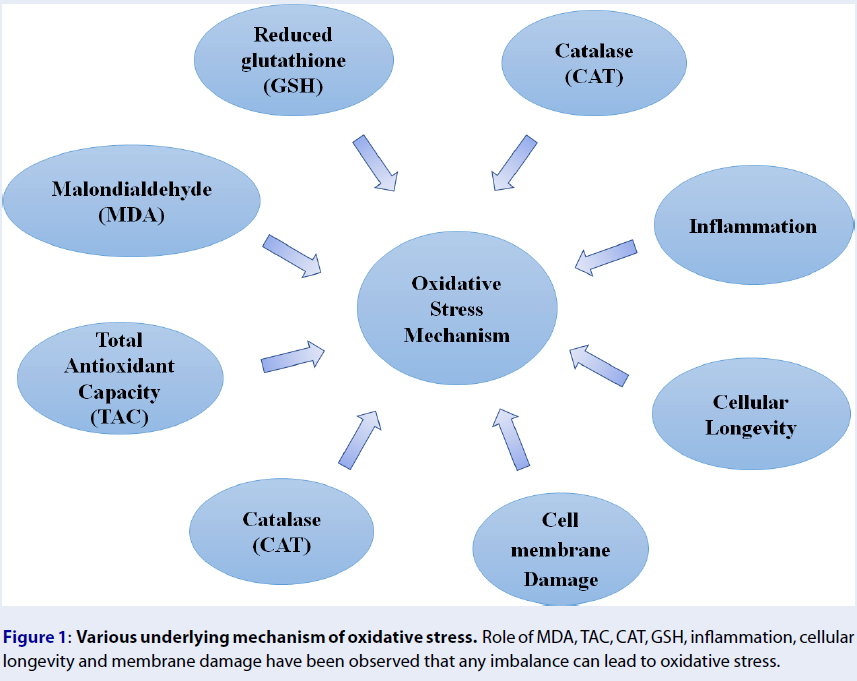Triclosan Induced Oxidative Stress, Estrogenicity, Mutagenicity, Carcinogenicity, and Genotoxicity: A Novel Therapeutic Approach
DOI:
https://doi.org/10.15419/bmrat.v8i12.712Keywords:
Antibacterial, Anti-fungal, Cosmetic, Estrogen, Genetic, Oxidative Stress, Toxicity, Triclosan, TumorAbstract
Triclosan (TCS) is present in toothpaste and other cosmetic products as an antibacterial and anti-fungal agent. This manuscript highlights that TCS is a potential oxidative stress-causing agent, an estrogenic, mutagenic, cancer-causing agent, and genotoxic agent present in cosmetic products. This study also summarizes the therapeutic approach to overcome all of the harmful effects. It is a popular current topic, and a new research study is needed to find a new alternative as an antibacterial and anti-fungal agent instead of TCS. TCS causes oxidative stress when the dynamic balance in synthesizing and removing reactive oxygen species (ROS) within typical physiological circumstances is disturbed. The antioxidant defence system includes both enzymatic and non-enzymatic antioxidants produced by the organism to tackle the harmful effects of ROS. TCSs have estrogenic, proliferative, and apoptotic properties due to research on cell fate. The mutagenic potential of TCS has been examined using in vitro and in vivo research in prokaryotic, eukaryotic systems, and mammalian cells. It also induces carcinogenic, estrogenic, and mutagenic effects. TCS's therapeutic effects, especially against inflammatory skin conditions, have been demonstrated by many materials gathered from in vitro and in vivo experiments. The new findings suggest that TCS, a commonly used cosmetic product, may cause cancer, as shown by animal and human models and clinical trials. TCS is not effectively regulated, as evidenced by its presence in various environmental media, human bodies, and animals. Its irresponsible usage and disposal may endanger humans and wildlife. TCS has been found to damage a wide variety of cells in cell-based investigations. TCS's exact function in the environmental selection of antibiotic and multidrug resistance genes is still unclear. Comprehensive evaluations of these domains, especially to derive serious human health risk inferences from TCS outcomes, may help future research and legislation to better serve the public's health.

Published
Issue
Section
License
Copyright The Author(s) 2017. This article is published with open access by BioMedPress. This article is distributed under the terms of the Creative Commons Attribution License (CC-BY 4.0) which permits any use, distribution, and reproduction in any medium, provided the original author(s) and the source are credited.
